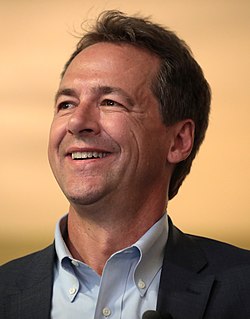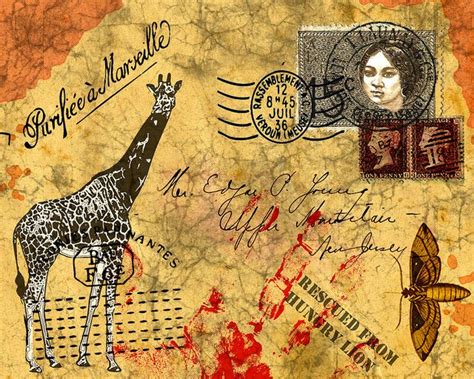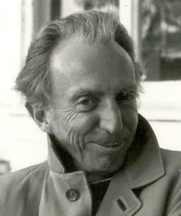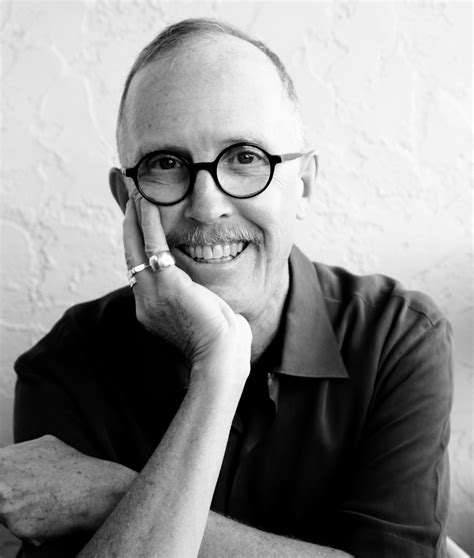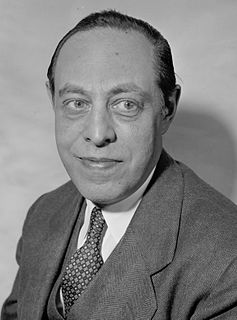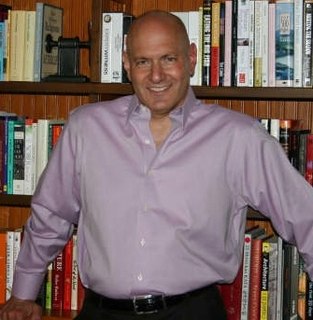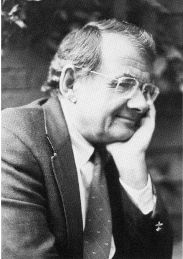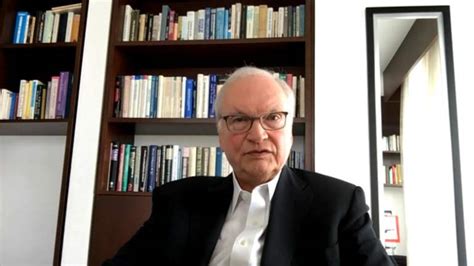A Quote by Milton H. Erickson
Change will lead to insight far more often than insight will lead to change.
Related Quotes
If you have the insight of non-self, if you have the insight of impermanence, you should make that insight into a concentration that you keep alive throughout the day. Then what you say, what you think, and what you do will then be in the light of that wisdom and you will avoid making mistakes and creating suffering.
If there is one sweeping generalization I can make without fear of contradiction, it is that 'change' is the scariest word in the English language Nothing will change in our lives until we change our own behavior. Insight won't do it. Understanding why we do the self-defeating things we do won't make us stop doing them. Nagging and pleading with the other person to change won't do it. We have to act. We have to take the first step down a new road.
Of course fear does not automatically lead to courage. Injury does not necessarily lead to insight. Hardship will not automatically make us better. Pain can break us or make us wiser. Suffering can destroy us or make us stronger. Fear can cripple us, or it can make us more courageous. It is resilience that makes the difference.
I recognize thart even you, yourself, will change. Your ideals will change, your tastes will change, your desires will change. Your whole understandings of who you are had better change, because if it doesn't change, you've become a very static personality over a great many years, and nothing would displease me more. And so I recognize that the process of evolution will produce changes in you.
Sometimes you have a flash of insight, but it's not strong enough to survive. Therefore in the practice of Buddhism, samadhi is the power to maintain insight alive in every moment, so that every speech, every word, every act will bear the nature of that insight. It is a question of cleaning. And you clean better if you are surrounded by those who are practicing exactly the same.
We can cooperate more easily with those who more easily intelligible to us, who are more familiar to us. But the advantages of specialization of labor often push us in the direction working with people who have different strengths and viewpoints than we do. I think that this is one major reason why moralities are always subject to change, because some of the people we cooperate with are going to be different from us in ways that often lead them to have different value orientations than we have; and interacting with them can change us.
People want to know those details. They think it gives them greater insight into a piece of art, but when they approach a painting in such a manner, they are belittling both the artist’s work and their own ability to experience it. Each painting I do says everything I want to say on its subject and in terms of that painting, and not all the trivia in the world concerning my private life will give the viewer more insight into it than what hangs there before their eyes. Frankly, as far as I’m concerned, even titling a work is an unnecessary concession.


